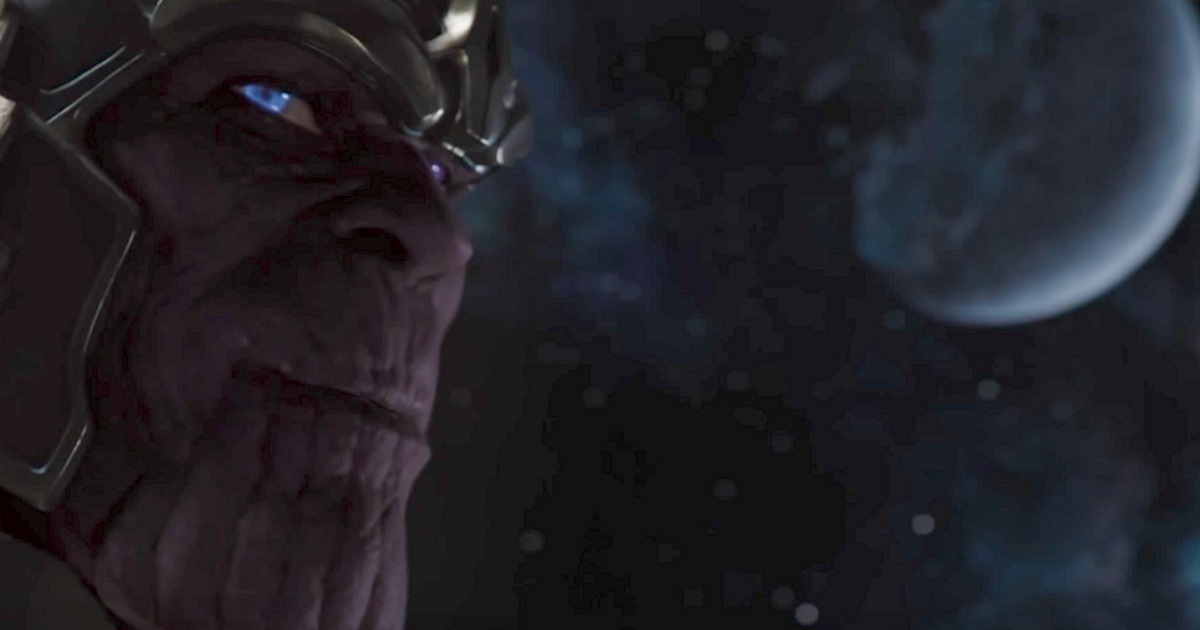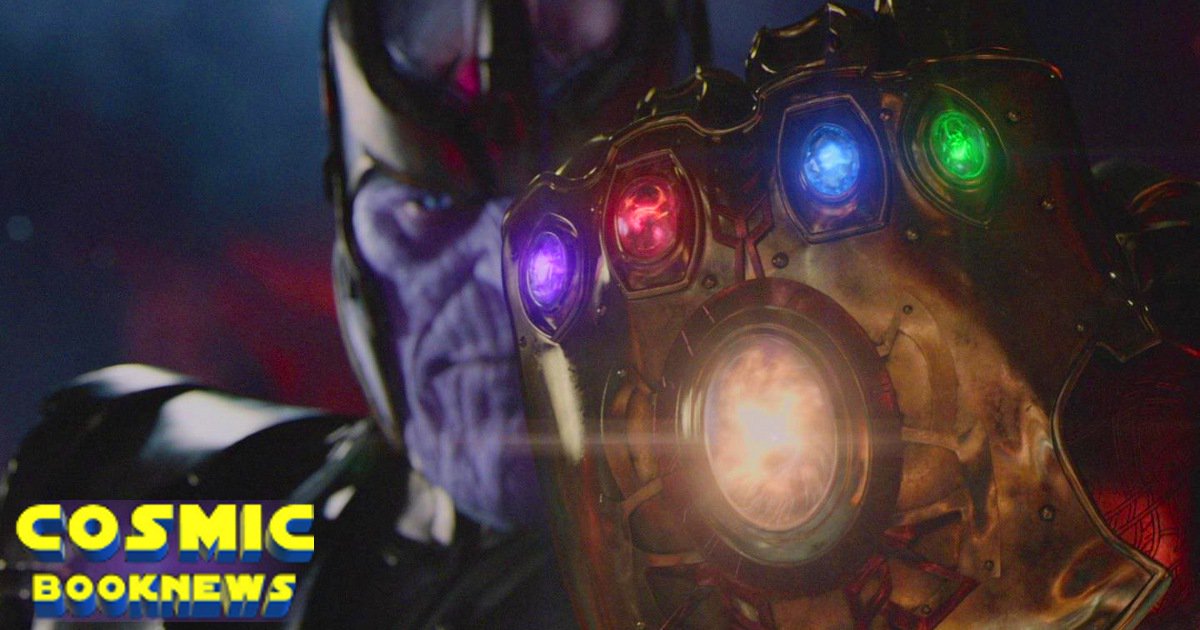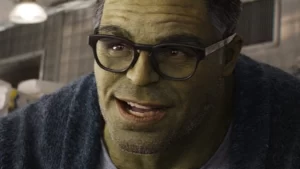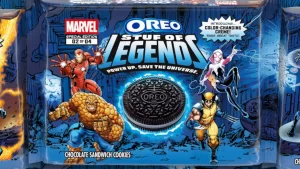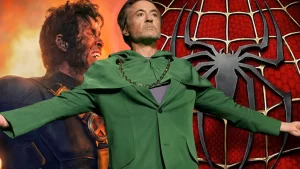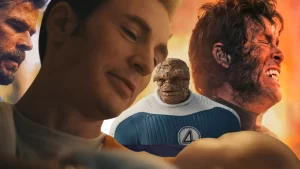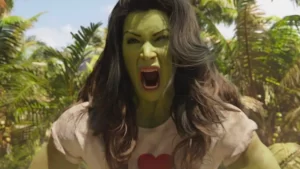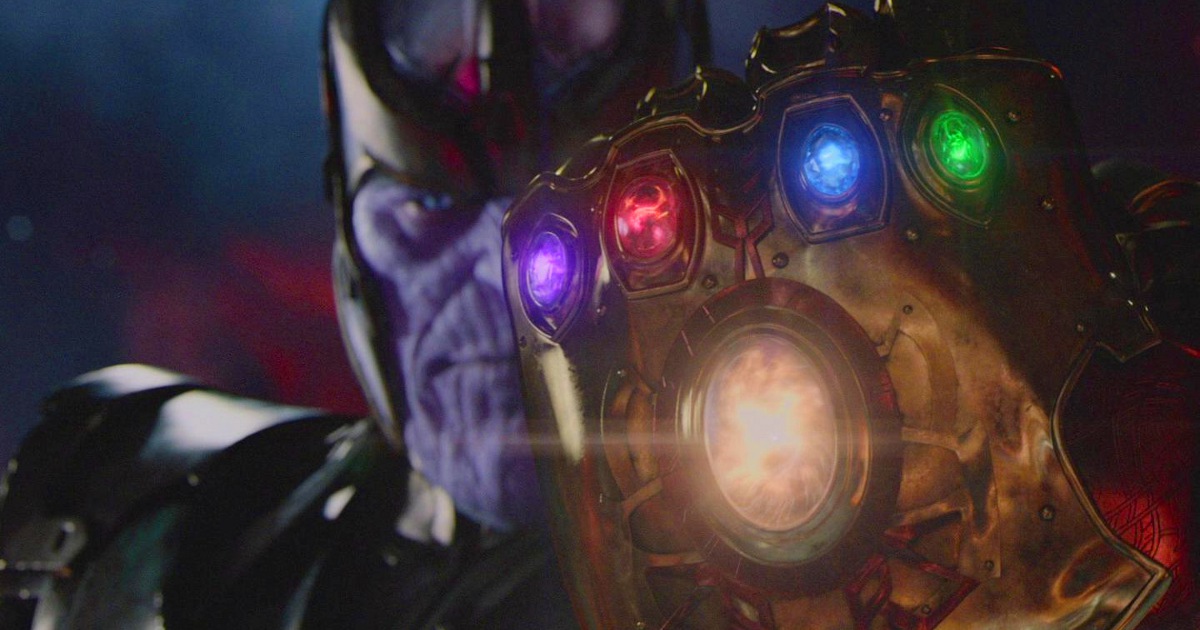
“Evil” is Cultivated
What the MCU Needs To Do To Make Thanos an Ultimate Villain
Marvel’s cinematic universe has been and continues to be a financial and (for the most part) critical success in the global pantheon of audio/visual entertainment. These films have taken the next steps beyond the efforts of previous super hero entries to create an endearing and expanding fiction where the only aspect more interesting than the focus of each individual story is its interconnectivity with the rest. The shared universe of all these marquee personalities makes their stories that much more enveloping because of the potential to impact everyone and everything else moving forward. Regardless of its following or its grandiosity, the MCU still has a major problem in the chronicling of its mightiest heroes: presenting decent villains.
This criticism has been echoed by virtually everyone who has an opinion and a presence on the internet. The universal validity of this observation for every antagonist outside of Tom Hiddleston’s Loki in these Marvel films is so acute that it boggles the mind how the architect of this entire phenomenon, Kevin Feige, has not been more proactive in getting his writers and directors to address this issue. He is, after all, publically aware of the situation as per his comments to Slashfilm on February 6th of this year: “A big criticism of ours is that we focus on the heroes more than the villains. I think that’s probably true. I don’t think it will always be true.” There’s clearly a desire by Marvel’s filmmakers to highlight their heroes by their unique natures and abilities much more than exposing their flaws (the typical purpose for the presence of an antagonist in any story). There’s also logistic limitations of screen time for every feature which demands time for origin, time for action, time for visual effects and not much left for giving any opposition more than two dimensions.
This brings us to Thanos, the end-game conflict he represents for both the Avengers and the Guardians of the Galaxy and the concern his character won’t warrant any of the danger, dread or hype that has been building since his post credits reveal in the first Avengers movie. Nothing of what has been shown or implied by the presence of Thanos in any Marvel film thus far has demonstrated the character as being anything more than a mastermind in pursuit of Infinity Stones which represent power. This does not differentiate him from any other Marvel villain. What will? The simple answer is screen time and back story, the two things only Loki has been afforded as a villain in any MCU film. The reason these have been effective in making him a compelling force to be reckoned with is that they gave audiences context for why he will do anything to satiate his desire to rule. This context may not be entirely logical or fully developed, but it is comprehensive, provides depth and develops intrigue.
If any audience is meant to regard Thanos as an infinitely superior threat than Loki, even more must be done to develop him as a character and the answer to that conundrum lies with the intent of Kevin Feige and the Russo Brothers who will direct the Infinity War films. If these movies are framed as an “Avengers” story, then there’s no reason to believe Thanos will be any more than a stronger, more visually imposing threat than villains before him. If, however, they are presented as a Thanos story starring the Avengers, this would represent a fundamental paradigm shift (the likes of which Feige suggested) which would not only present a serviceable villain, but the kind of antagonist that would test every single Marvel character’s purpose, meaning and outlook on their personal lives and how they fit into the grand scheme of existence.
So how does Marvel get there? How do they create a villain worthy of the combined efforts of Earth’s mightiest heroes and outer space’s least probable champions to counter this threat of existential proportion? First, the writers and directors must adhere to the truth of good character development: everyone is the hero of their own journey, even villains. “Evil” characters, like “evil” people in reality do not wake up in the morning and say to themselves consciously or subconsciously: “I am so evil. What new evil and depraved and vile things can I get up to today?” Everyone has their own sense of what is, what should be and what should not be. This is not something bequeathed or innate to anyone as it is constantly forged and amended by life experiences. Thanos has a classically tragic origin set in motion from the moment of his birth that borrows details from monsters both mythic and real: family acceptance issues, feeling ostracized from society, pain of prejudice, a fascination with the morbid and perhaps a slight sense of victimhood. Over time and left unchecked these kinds of emotions can lead to destructive behavior, which isn’t to say this is the formula for creating a nihilistic, genocidal madman, but it gives the observer or the audience context (not rationale) for why a person or a character does what he or she does.
This depth of development may not have been as necessary for Crossbones, a former Hydra thug with a personal grudge against Captain America, or for Darren Cross, an opportunistic corporate tool who wants to weaponize science and technology for pure profit. It could have yielded an amazing perspective on Alexander Pierce, a high ranking government official and one time ally of Nick Fury who aligns with Hydra due to a warped view of law and order, or even Ronan the Accuser whose radical terrorism may have been given a face other than rage induced vengeance over the death of his father and grandfather, etc. There may be opportunities lost and gained with any given production, but whiffing on Thanos as a villain would be an immense let down. It would all but invalidate all the setup and the hundreds of millions of dollars spent in the creation of this cinematic universe leading up to someone who may just be bigger, stronger, faster and more “evil” than everyone that came before, but then probably not as bad as whoever comes next.
At the very least, a good portion of the first Infinity War film has to be devoted to exploring Thanos’ back story to be truly unique from the other MCU films. That may not happen at all because the Russo Brothers will be more mindful of gathering and fostering the camaraderie amongst the Avengers and Guardians. As insanely cool as seeing the live action interactivity of all these supremely presented and performed characters in the same space would be, I would caution against making either film just about this because both “Avengers” films have been exactly this already. Loki and Ultron were the singular antagonists, but their planetary threats were due to their respective armies of cannon fodder. Thanos will have exponentially more power than the Chitauri and Ultron-bots combined, yet his threat will be on a cosmic scale despite being only one entity. How this conflict plays out, while still having every character play a relevant role and having it all flow seamlessly split between two feature length films is a tricky scenario made even more so if something that truly hasn’t been done before is utilized. The temptation will be great to conveniently fabricate another cannon fodder army just to give the rest of the heroes something to punch while the true conflict plays out.
In my opinion, the stage for which the final battle is set will be inexorably linked to how generic Thanos is presented as a villain. A unique and personal exploration could bring true gravitas to a conflict determining the fate of existence. A generic and contrived glazing over will yield a predictable conflict and a boring story. As I’ve said before in my reviews of MCU films, Kevin Feige remains a known quantity who is to be trusted for not definitively failing in any installment despite some productions clearly being stronger than others. His character mapping and plot coordination with so many different filmmakers on the sets of multiple productions is proof of this. However, there must be gold at the end of this rainbow because it sure does feel like everything between the sun and moon has been promised to the global audience, and franchises like these have historically missed the mark at their most critical junctions.
No film, TV show, book or form of entertainment will satisfy everyone, but fortune favors the bold when it comes to creativity. The inconvenient truth is that studio executives do not favor “the bold” as in “wildly different” or even “slightly different.” In this regard, I would not expect Infinity War to reinvent the wheel when it comes to the super hero genre, but that alone will not prevent the climax of the MCU from being good, perhaps even great. No matter what, the audience will see a two part film that features a ton of action and an even greater amount of visual effects in every frame. Despite an obvious emphasis in these areas, I still feel that if Feige and the Russos sneak in enough screen time investment in Thanos, an investment in their villain, the net result will be amazing both as a culmination and as a standalone film. Time will tell, and we’re all just over a year away to witness Infinity.
